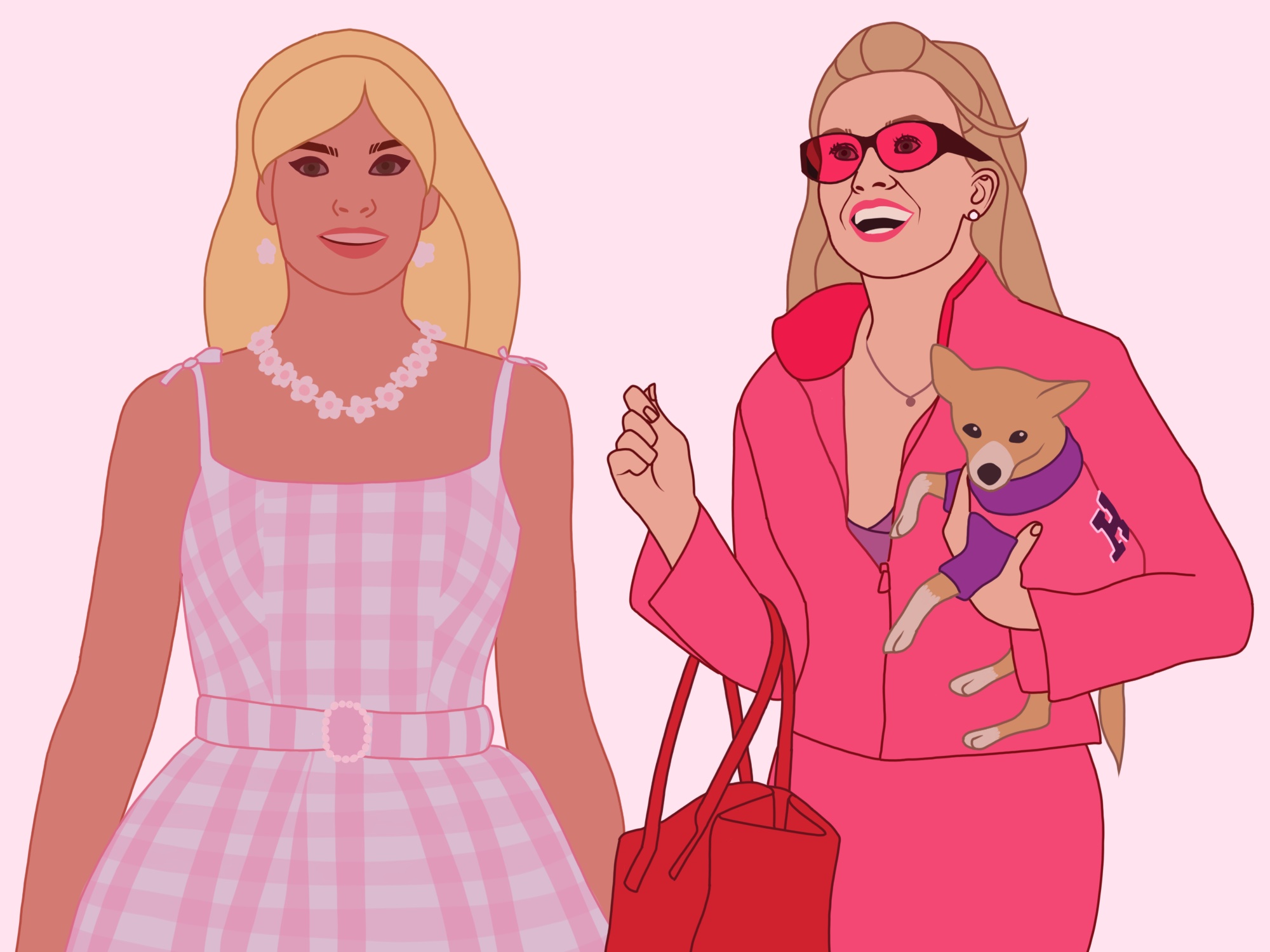We’ve all heard the jokes: “blonde moments,” “dumb blondes” and “blondes have more fun.” Such words seem harmless, but actually have a bigger effect on our society today.
These phrases, which are often excused as jokes, have manifested into a large part of how women are viewed based on their hair color. Blondes get characterized as dumb or ditzy, brunettes as smart and dull and red-heads as fiery and reactive.

However, these stereotypes and generalizations include physical characteristics beyond hair color. I’ve noticed that a lot of the time, these generalizations become a part of the first impressions made about people and their personalities.
The assumptions based on physical qualities like hair color reduce something meant to be an expression of individuality into a categorical notion of intelligence, ability and personality.
This phenomenon carries over to female characters in films, who are often type-casted by their hair color. Some directors use the aforementioned assumptions about hair color as an obstacle for the protagonist to overcome, providing commentary on a character’s personality beyond generalizations.
For example, Robert Luketic’s 2001 movie “Legally Blonde” and Greta Gerwig’s 2023 “Barbie” portrayed blonde women not only counteracting blonde stereotypes, but also generalizations associated with women.
In “Legally Blonde,” the protagonist Elle Woods, portrayed by Reese Witherspoon, goes on to earn a Juris Doctor at the top of her class at Harvard Law after her undergraduate boyfriend breaks up with her on the premise of her ‘blondeness.’
“So you’re breaking up with me because I’m too blonde?” she said.
As the plot progresses, Elle proves that her ex-boyfriend’s assumption of her intelligence based on her hair color is completely false. In the film, Woods remains blonde and girly, not letting the physical presumptions of her ability change her identity.
In “Barbie,” Margot Robbie plays the iconic protagonist and goes through a crisis and realizes she is much more than just a perfect doll with blonde hair, pushing her to explore the depths of her identity beyond her hair color and ignore societal expectations.
Barbie, like so many, originally attempts to fit with society’s interpretation of what is ‘likable,’ but realizes that she is more than just the interpretations. Yes, she’s blonde, and yes, she’s girly, but this is only one fraction of herself as an individual and should not define her entire personality. This sentiment is shared by other characters in the movie, including Gloria, played by America Ferrera.
“I’m just so tired of watching myself and every single other woman tie herself into knots so that people will like us. And if all of that is also true for a doll just representing a woman, then I don’t even know,” Gloria said to Barbie.
In both “Legally Blonde” and “Barbie,” the directors attempt to break the association between hair color stereotypes and the perceptions of women. The stereotypes, which go beyond hair color, carry a greater effect on society.
Because of the larger societal effect of stereotypes and generalizations, it’s important to keep in mind that stereotypes aren’t one size fits all. Hair color does not say anything about the personality or the worth of a person. Even if an individual has the characteristics of the stereotype, it likely has very little to do with their actual hair color.
Barbie and Elle Woods show viewers that hair color is only one part of their multidimensional character traits. Being blonde and feminine doesn’t detract from their development or capabilities. In their respective films, Barbie and Elle Woods’ hair doesn’t need to change by the end of the film in order for them to reach their full character potential.
So, whether you’re thinking about changing your hair color or adding some new highlights, try not to pay too much attention to the stereotypes associated with it. Focusing too much on those stereotypes only reduces the individuality of every human being, including yourself.
Sincerely,
Just Another Dumb Blonde




















































































































